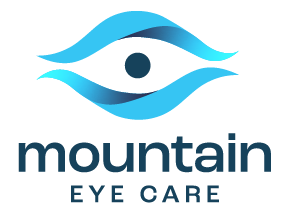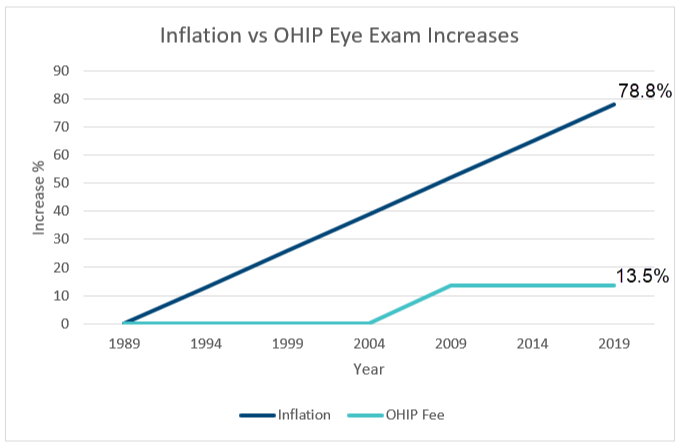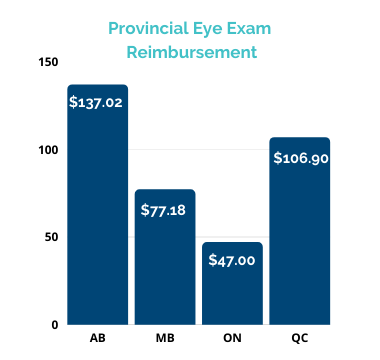What an Optometrist Can Do: Comprehensive Eye Care and Beyond
When it comes to eye health, the role of an optometrist is crucial. Optometrists are highly trained professionals that focus on examining, diagnosing, treating, and managing eye diseases and disorders. They are your first line of defense in maintaining optimal vision and eye health.
Comprehensive Eye Examinations
One of the primary functions of an optometrist is to conduct comprehensive eye examinations. Exams go beyond simply determining your prescription for glasses or contact lenses; they encompass comprehensive evaluations of your overall eye health. During a typical eye exam, an optometrist will:
- Check Visual Acuity: This includes reading letters on a chart to assess the sharpness of your vision.
- Refraction Tests: These tests help determine the exact prescription for glasses or contact lenses.
- Eye Muscle Function Tests: These assess the muscles controlling eye movement.
- Pupil Response Tests: These tests check how your pupils respond to light and objects at various distances.
- Visual Field Tests: These measure your peripheral (side) vision.
- Slit-Lamp Examination: This allows the optometrist to view the structures at the front of the eye in detail.
- Retinal Examination: The optometrist uses ophthalmoscopy or retinal imaging to examine the back of the eye, focusing on the retina, optic disc, and blood vessels.
Diagnosing and Managing Eye Diseases
Optometrists are essential in identifying and managing a range of eye diseases. They commonly address conditions such as:
- Glaucoma: This group of diseases harms the optic nerve. Should this occur, the person may experience vision loss and blindness. Optometrists can identify early signs and offer treatments to manage the condition.
- Cataracts: These cause the eye’s lens to become cloudy, impairing vision. Optometrists can track the development of cataracts and, when necessary, refer patients for surgical intervention.
- Macular Degeneration: Affecting the central retina, this condition leads to vision loss. Optometrists can provide treatments and lifestyle advice to help slow its progression.
- Diabetic Retinopathy: Diabetes can cause retinal damage. Eye exams are important for try to detect early on and management of this condition.
- Dry Eye Syndrome: This occurs when the eyes don’t produce enough tears or produce low-quality tears. Optometrists can offer a variety of treatments to relieve symptoms.
Vision Correction
Optometrists are well-known for their expertise in prescribing corrective lenses. They determine the right prescription for glasses and contacts in order to correct refractive errors such as:
- Myopia (Nearsightedness): Difficulty seeing distant objects clearly.
- Hyperopia (Farsightedness): Difficulty seeing close objects clearly.
- Astigmatism: Impaired vision due to an irregularly shaped cornea or lens.
- Presbyopia: Age-related difficulty in seeing close objects.
Optometrists can provide specialized options such as:
- Bifocals and Progressive Lenses: For individuals who need different prescriptions for distance and near vision.
- Toric Lenses: For correcting astigmatism.
- Multifocal Contact Lenses: For individuals with presbyopia.
Pediatric Eye Care
Optometrists provide specialized care for children, including:
- Vision Screening: Early detection of vision problems to ensure proper development.
- Treatment of Amblyopia (Lazy Eye): Patching the stronger eye to improve the weaker eye is one technique used.
- Binocular Vision Therapy: Exercises and activities to improve eye coordination and focus.
Low Vision Services
For individuals with significant vision impairment that cannot be corrected with glasses, contact lenses, or surgery, optometrists offer low vision services. These services aim to maximize the remaining vision through:
- Specialized Optical Devices: Magnifiers, telescopic lenses, and electronic devices.
- Vision Rehabilitation: Training to use remaining vision more effectively and adapt to vision loss.
Pre- and Post-Operative Care
Optometrists frequently work alongside ophthalmologists to deliver both pre- and post-operative care. For example, with eye surgeries, including cataract removal and LASIK they ensure patients are well-prepared for surgery and monitor recovery to prevent complications.
Health and Lifestyle Counseling
Optometrists also play a role in promoting overall eye health through lifestyle counseling. They provide advice on:
- Nutrition: Importance of vitamins and nutrients such as Vitamin A, C, E, and zinc for eye health.
- UV Protection: Using sunglasses to protect against harmful ultraviolet rays.
- Quitting Smoking: Smoking raises the likelihood of developing eye conditions like cataracts and macular degeneration.
- Managing Screen Time: Advice to minimize eye strain from extended screen use, such as the 20-20-20 rule (which stipulates every 20 minutes, take a 20-second break and focus on anything that is 20 feet away).
Emergency Eye Care
Optometrists are equipped to handle eye emergencies such as:
- Foreign Body Removal: Safely removing objects that have entered the eye.
- Treatment of Eye Infections: Prescribing antibiotics or other medications for conditions like conjunctivitis (pink eye).
- Managing Eye Injuries: Providing care for injuries such as corneal abrasions or blunt trauma to the eye.
Optometrists are vital healthcare professionals offering a broad array of services to keep your eyes healthy and your vision sharp. Their expertise encompasses everything from routine eye exams and managing complex eye diseases to prescribing corrective lenses and providing emergency care. Regular visits to an optometrist can prevent vision issues and identify potential problems early, helping you maintain excellent vision throughout your life.



